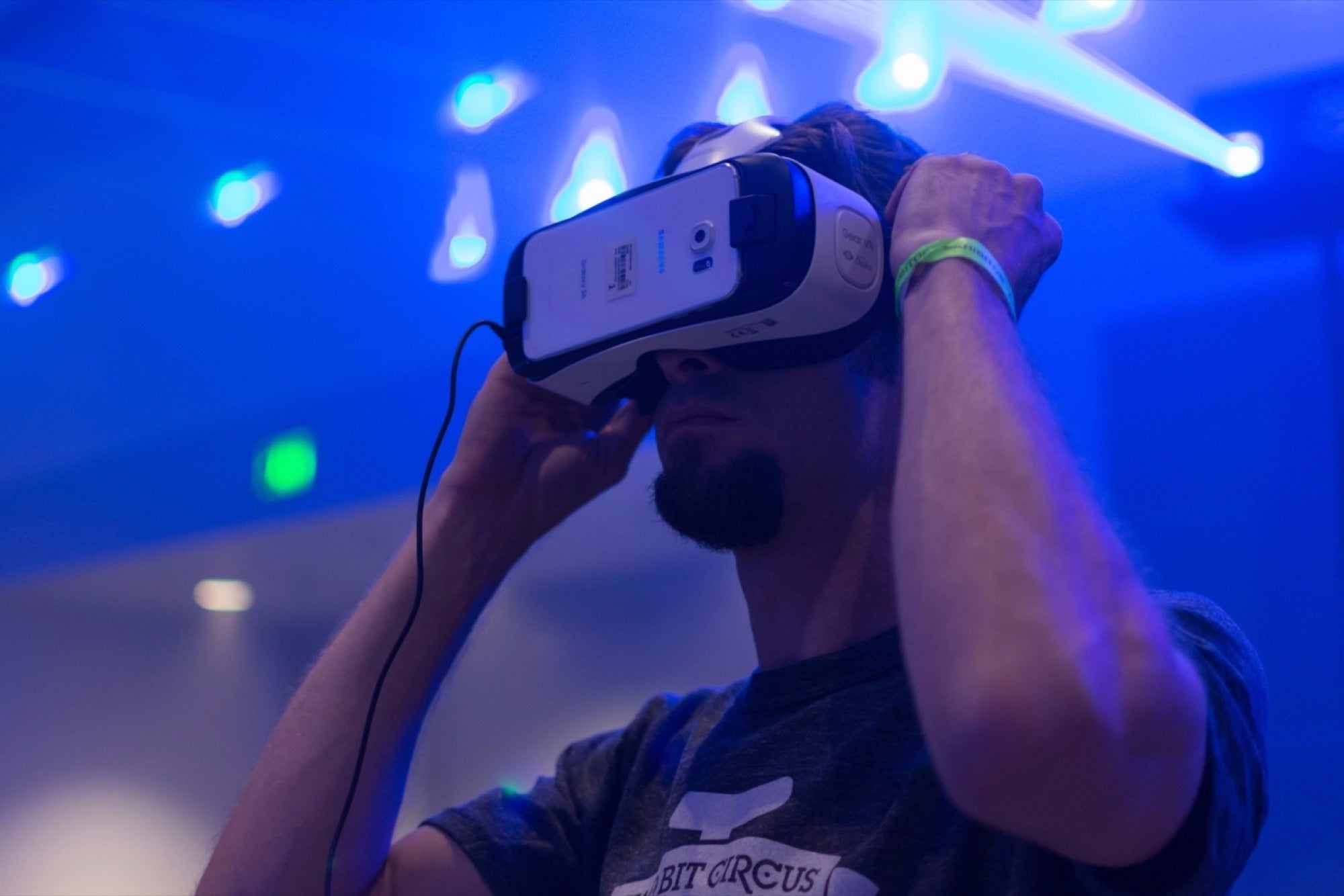Artists, Startups Promote VR-Powered Space Tourism Thanks to virtual reality, you'll soon be able to gaze at the Orion Nebula or watch 360-degree videos of Earth.
By Tom Brant
This story originally appeared on PCMag

If you have a spare $250,000, you can put down a deposit to secure your spot on a Virgin Galactic space flight. If that's too rich for your blood, soon all you'll need to be an armchair space tourist is a virtual reality headset.
To approximate the experience of visiting space as closely as possible, you'll want to wait until next summer, when a startup called SpaceVR plans to launch the world's first VR camera satellite into space.
The ambitious California company announced yesterday that it will use its satellite's 4K cameras to capture 360-degree video of the Earth, viewable on any consumer VR headset from the smartphone-powered Google Cardboard to upcoming high-end models like the StarVR.
SpaceVR's CEO Ryan Holmes admitted his company faces challenges, not the least of which is that very few 360-degree cameras have been built on Earth, let alone launched into space. Still, the company is partnering with an established International Space Station vendor, NanoRacks, to launch the satellite.
"My dream, when I first had this idea at a hackathon 1.5 years ago, was to launch a VR satellite with NanoRacks," Holmes said in a statement. "It seemed crazy and borderline unachievable. Now we are signed, paid and moving towards something exponentially more borderline unachievable."
If you're skeptical and prefer a more tried-and-true path to virtual space experiences, consider the venerable Hubble Space Telescope. A years-long partnership between artists and astrophysicists recently culminated in the Hubble Cantata, a narrated symphonic poem that takes you through the Orion Nebula as seen through the Hubble's lense.
The cantata premiered last weekend at a free outdoor concert in New York City's Prospect Park, where thousands of concertgoers donned Google Cardboard headsets (above) as the orchestra and choir sang their way through near Earth orbit. Its organizers hope to perform the live concert again; to help make that happen, you can donate on their Kickstarter page. It'll cost you far less than Virgin's $250,000 asking price.










